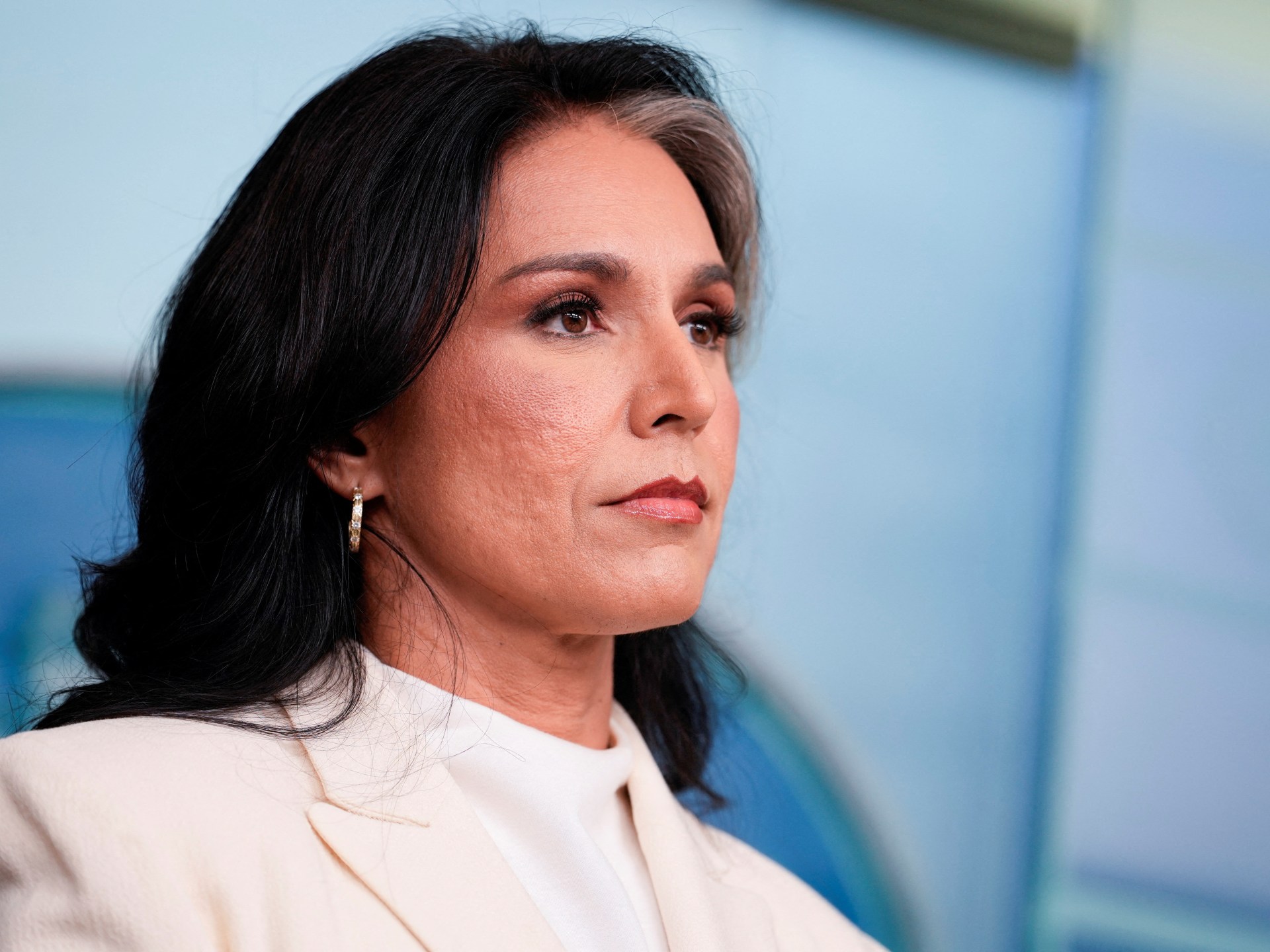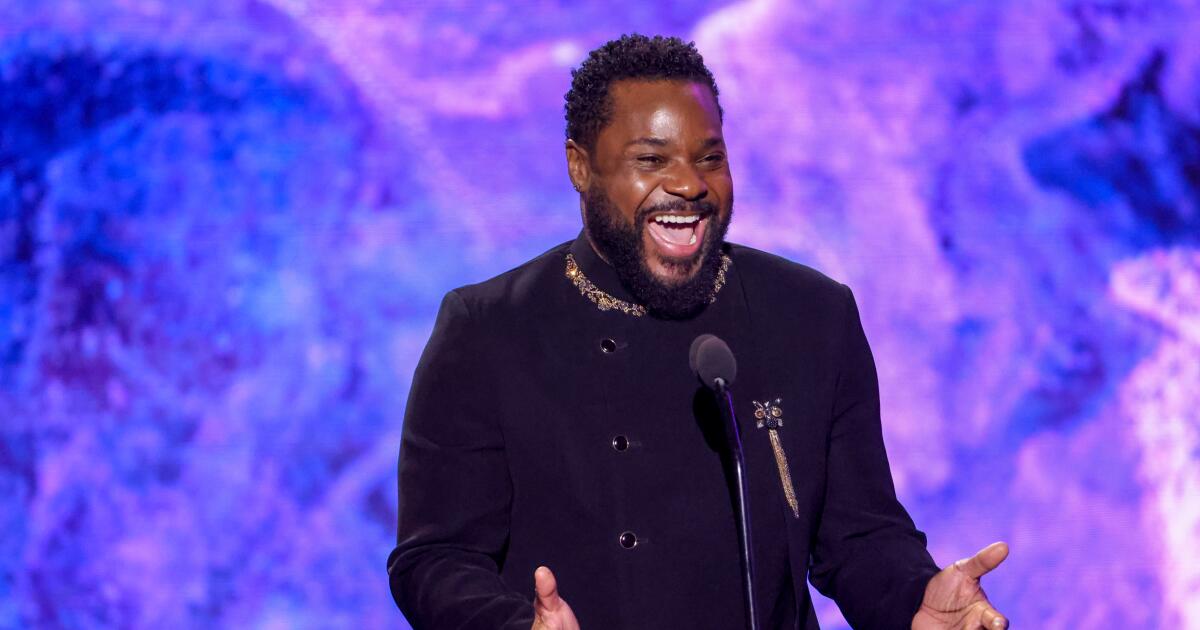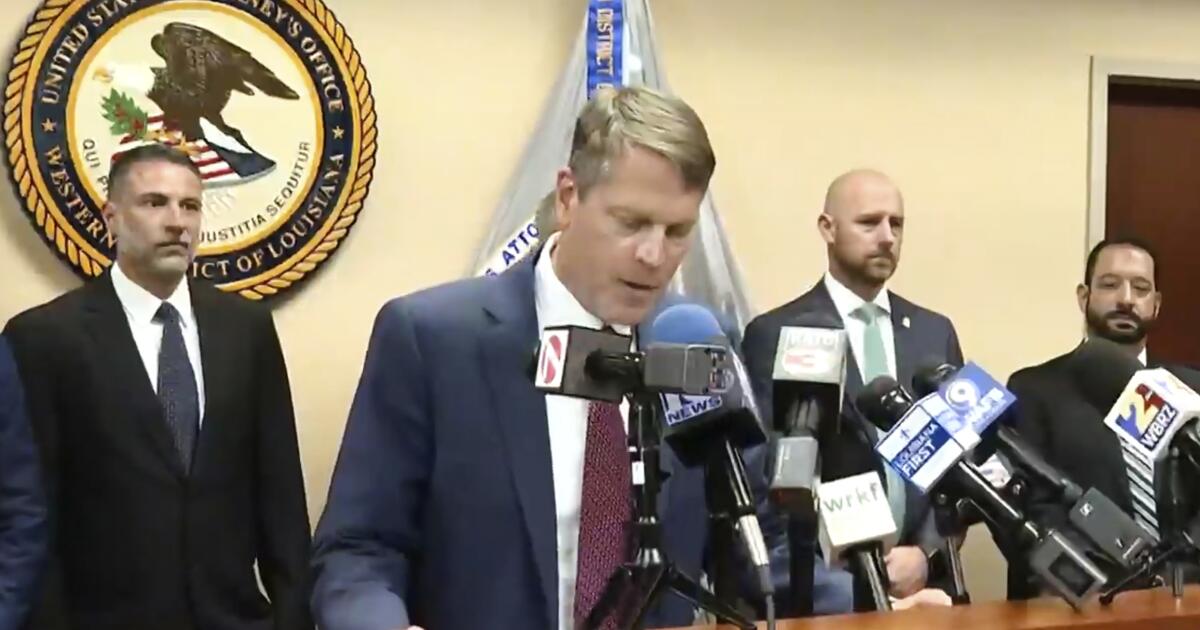The intricate and multifaceted matters of normative relations among the nations of the Northeast Asian countries, even though they are entangled in specific issues stemming from territorial disputes, challenge a well-established norm and order of diplomatic relations. One of the problems is the matter of Dokdo Island’s ownership, which was disputed by the authorities of South Korea and Japan. With its significant historical and geopolitical implications, this dispute is a key factor in the region’s diplomatic landscape. On the other hand, with another matter of dispute, China and South Korea still have an issue with the overlapping territory of the exclusive economic zone. The problem is currently exacerbated by China’s installation of aquaculture facilities in the Provisional Measures Zone (PMZ), a move that has significantly heightened the tension in the region and underscores the need for resolution. This territory is located off the west coast of the Korean Peninsula, making it a complex challenge to maintain Korea-China’s diplomatic relations.
At the same time, China and Japan confronted another issue similar to the South Korean dispute. Both of them claim the Diaoyu or Senkaku Islands. The controversy also concerns the island’s ownership and reflects each country’s historical and cultural perspectives. Japan’s government called the island the Senkaku Islands, while China’s authority named the islands the Diaoyu Islands.
Amid the tariff oppression, which refers to the imposition of high tariffs on Chinese goods by the Trump administration, China has to face two different challenges. In one position, China has to stand against the high-handed Donald Trump’s ruling, which is seen as aggressive and unfair, but in the other position, China also struggles to bring a solution with its nearest neighbor countries in Northeast Asia, where the territorial disputes add a layer of complexity to the already well-established relations.
China’s authority realizes the crucial role of Japan and South Korea, which act as part of the US’s allies in Asia. Their relationship is strategic for the US and makes sense for China, as their connections become part of the US’s long history. This is in stark contrast to China’s past, when it was the US’s opponent during the Korean War. However, China might be letting Japan and Korea connect to the US as allies because they were China’s nearest neighbors in Northeast Asia, which could share and maintain a partnership without causing overwhelming disruptions. The mutual respect and relationship between China, Japan, and South Korea is a beacon of hope, offering a promising and positive outlook for the region’s future.
China and the US, as two economic powerhouses, often find themselves at odds. However, it’s important to note that their relationship is not solely defined by geopolitical tensions. The two countries are deeply intertwined economically, with significant trade and investment ties. This economic interdependence, which is further underscored by their influence in the G20 forum and their status as major trading partners with Korea and Japan, is a complex web that cannot be easily untangled. Despite China’s efforts to diversify its economic relationships, it continues to value the US’ political, legal, and justice systems and its socio-economic structure. The significance of these financial ties cannot be overstated, as they play a crucial role in shaping the geopolitical landscape of Northeast Asia.
Despite the unfortunate geopolitical situation, the Chinese government’s steadfast commitment to resolving the interrelations crisis is unwavering. China’s Foreign Minister Spokesperson, Guo Jiakun, clarified that the construction of the aquaculture facilities, a point of contention, did not violate any previous agreements. The Chinese government’s decision to send its delegation, led by Hong Liang, Director-General of the Department of Boundary and Ocean Affairs of the Chinese Ministry of Foreign Affairs, for in-person dialogue with a South Korean representative is a clear demonstration of this commitment. The recent meeting between Hong Liang and Kang Young-Shin, Director-General for Northeast and Central Asian Affairs at the South Korean Ministry of Foreign Affairs, on 23 April 2025, is a promising step towards potential progress. This progress in the dialogue instills optimism for the future and underscores the potential for a peaceful resolution, providing a ray of hope in an otherwise complex situation.
The dialogue of top government officials presents a pivotal platform for resolving the prolonged standoff initiated by both countries in 2019. The potential for a mutually accepted agreement in the Yellow Sea dispute dialogue is not just a beacon of hope but a realistic possibility that should inspire optimism. However, it’s essential to acknowledge that the outcome of this dialogue may not necessarily mirror the outcome of the Dokdo or Takeshima Island dispute. The Yellow Sea dispute dialogue, which encompasses territorial claims and maritime rights, remains crucial in Northeast Asian geopolitics.
Nevertheless, the Yellow Sea dialogue’s resolution couldn’t significantly affect how the Japan-South Korean government resolves the entire Dokdo or Takeshima Island dispute. Beyond territorial claims, this dispute symbolizes the intricate historical and cultural relations between Japan and South Korea. Diplomatically, South Korea and Japan have made substantial progress in finding a solution, presenting various evidence and approaches to ensure a fair judgment for both. However, as of the end of 2024, the problem remains in a stalemate without a final resolution. This situation underscores the critical need for a nuanced approach in international relations, where tact and understanding can pave the way for resolution, highlighting the importance of understanding the complexities.
The past geopolitical landscape in Northeast Asia is deeply entrenched in a long and complex history, notably Japan’s occupation of Chinese territory, South Korea, and some Southeast Asian countries. This historical context, with its layers of complexity and depth, is an undeniable part of the current geopolitical landscape. The Chinese can never forget this dark period, even though Japan and China have officially tightened diplomatic relations to construct a prospective and reliable Asia. Similarly, South Korea may never forget what Japan did in the past. Indeed, Koreans have not entirely forgiven what Japan did. This historical backdrop underscores the depth of the issues and the need for a nuanced approach to diplomatic relations in Northeast Asia. It’s not a matter of simple solutions but of understanding the intricate web of history, culture, and politics that shapes these relations. This complexity and depth of the problems in the region necessitate a nuanced approach, making the audience feel the weight of the issues at hand and the importance of understanding the historical and cultural context. Only by understanding this context can we hope to navigate the complexities of Northeast Asian geopolitics.
South Korea is also determined not to be left behind in economic and diplomatic relations with others. Therefore, today, Korea actively seeks intense cooperation with China and Japan regarding global security, trade, and cultural exchange, and fosters candid cultural and financial enhancement. This intense cooperation includes regular high-level diplomatic dialogues, joint security exercises, and collaborative economic initiatives. South Korea recognizes it cannot stand alone without China and Japan, as they are pivotal neighbors in Northeast Asia.
The governments of Northeast Asian countries are acutely aware that the US-China trade war significantly impacts the global economic landscape. This trade war, which has led to economic uncertainties and geopolitical tensions, has also influenced the diplomatic relations and security strategies of countries in the region. Despite the region’s bleak history, it is becoming increasingly clear that the countries in Northeast Asia are not isolated entities but deeply interconnected and interdependent. South Korea’s sustainable diplomatic relations with China and Japan are crucial for its global standing and security. By collaborating with these countries, South Korea can strengthen its position in the international community and ensure its protection in the face of global challenges, including those arising from the US-China trade war. The trade war has forced countries in the region to reassess their economic and security strategies, leading to a more interconnected and interdependent Northeast Asia. This reassessment includes a shift towards diversifying trade partners and strengthening regional security alliances, highlighting the region’s adaptability and resilience in the face of global challenges.
Northeast Asian interdependence underscores the need for peaceful and constructive relations among these countries and their collective influence on the worldwide community. The economic and diplomatic ties between South Korea, China, and Japan are not just about mutual benefits and shared security and prosperity in the region but also about the potential for increased economic growth and enhanced security. This collaboration offers reassurance about the potential benefits of these ties and the collective strength they can bring, reassuring the audience about the future and the positive outcomes that can be achieved through such cooperation.
Disclaimer: The Author wishes to reiterate that this article reflects his views and does not represent any institution. He also wants to emphasize that he takes personal responsibility for the content and accuracy of the information in this article, and any decision made based on this information is the reader’s responsibility.







